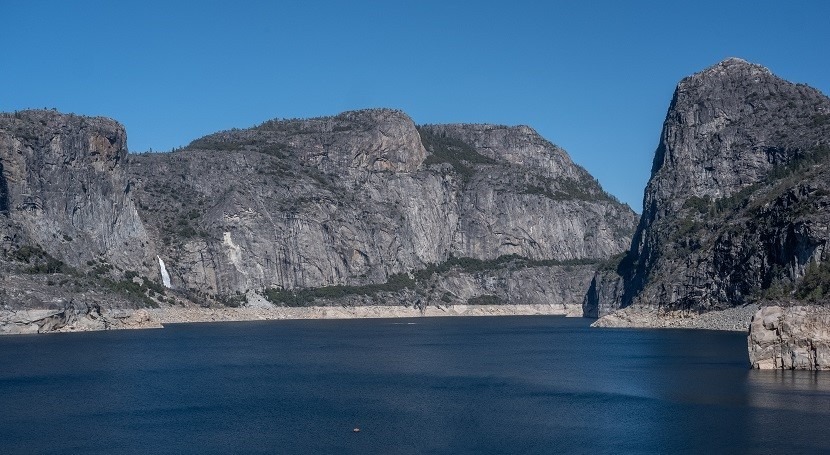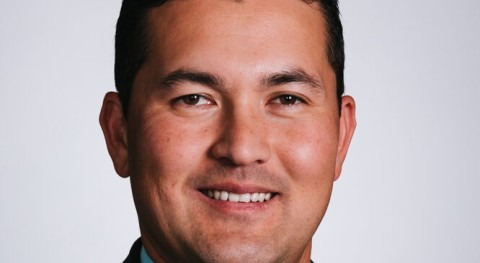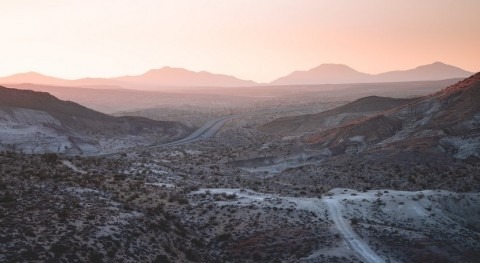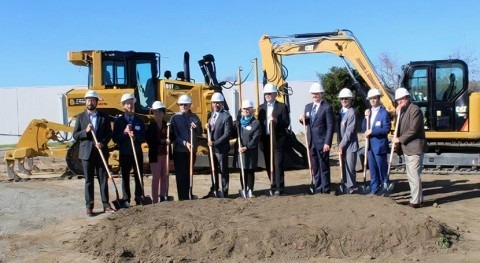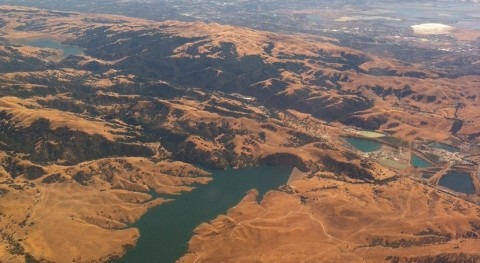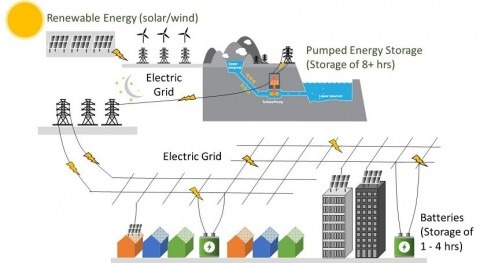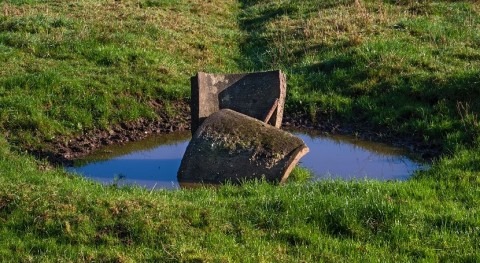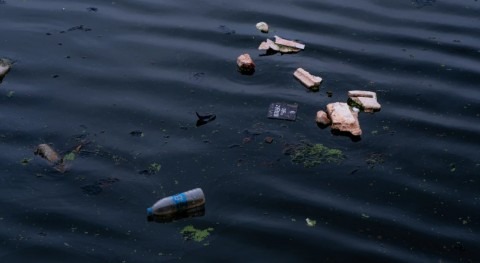In response to the extreme drought conditions impacting Southern California, the Metropolitan Water District’s Board of Directors Aug. 17 declared a Water Supply Alert, calling for consumers and businesses to voluntarily reduce their water use and help preserve the region’s storage reserves.
The board’s action urges residents, businesses and agencies in Metropolitan’s 5,200 square-mile service area to lower the region’s water demand to stave off more severe actions in the future, which could include restricting water supplies to Metropolitan’s 26 member agencies. The declaration comes a day after the Bureau of Reclamation declared a first-ever shortage on the Colorado River, which typically provides about 25 percent of Southern California’s water needs.
“Southern Californians have done an extraordinary job reducing their water use, which has helped us build up our stored reserves for times like these. But now we’re relying on our storage to get us through this exceptionally dry year. And we don’t know what next year will bring,” Metropolitan board Chairwoman Gloria D. Gray said. “We must all find ways we can save even more so we have the water we need if this drought continues.”
With 50 of California’s 58 counties under a state emergency drought proclamation, Gov. Gavin Newsom last month called on Californians to voluntarily reduce their water use.
While no Southern California counties are yet under the emergency proclamation, it is critical that residents here heed the governor’s water-saving call, Metropolitan General Manager Adel Hagekhalil said.
“This is a time when we all need to come together as a state to address this crisis,” Hagekhalil said. “We are working with the governor’s office and water agencies throughout California to maximize available supplies. We encourage Southern California to step up again, just as we have in the past, to do our part to reduce our region’s water use.”
A Water Supply Alert is the third of four conditions in Metropolitan’s framework indicating the urgency of Southern California’s need to save water. The action calls for water agencies to reduce their water demand through public awareness campaigns and by adopting measures tailored to their own local conditions. Examples of local agency measures could include increasing outdoor water use efficiency, prohibiting home car washing or filling of ornamental water features, and requiring that restaurants only serve water upon request.
The declaration seeks to avoid the need for more severe actions, including moving to the fourth and final stage in Metropolitan’s framework, a Water Supply Allocation, through which Metropolitan would implement higher rates for increased use among its member agencies.
More than half of the water used in Southern California is imported from the Northern Sierra and the Colorado River. Both of those sources are facing severe drought conditions; crucial storage reservoirs in both systems have never been lower.
Earlier this year, the California Department of Water Resources slashed its allocation of supplies delivered on the State Water Project from 10 percent to 5 percent, tying the lowest on record, meaning Metropolitan is receiving about a one-month supply of its Northern California water supplies this year. If dry conditions continue, next year’s allocation could be set to zero.
On the Colorado River, Reclamation’s shortage declaration triggers cutbacks for Arizona and Nevada next year, signaling that system’s dire conditions.
“The reality is that climate change will accelerate these challenges, which will require us to think differently and innovate ways to adapt – we must build on our progress in conservation and double down on our investment in local water supplies, including recycled water and stormwater,” Hagekhalil said. “We must do more.”


